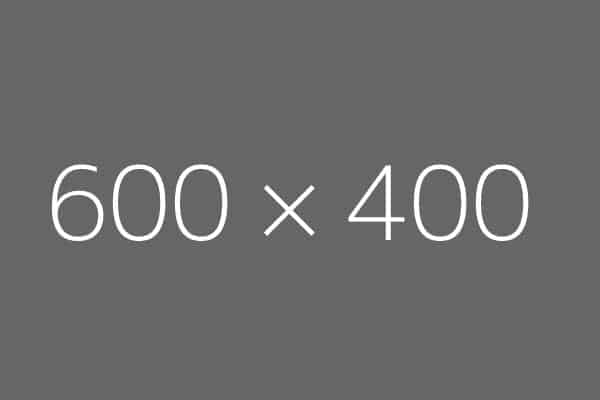
I don’t know if Dan Erickson, the creator of the Apple TV show Severance, has read David Graeber’s Bullshit Jobs (see previous post), but it serves as the perfect working example of Graeber’s theory.
Severance is named for and based on a fictional corporate system whereby some employees have volunteered to undergo an operation which splits their consciousness into two: one half of that consciousness lives a normal life outside the company (the “Outie”), with no knowledge or memory of the other half who works for the company (the “Innie”), who has no knowledge or memory of the Outie’s life. The Outie, in their own sense of reality, never works; the Innie never does anything but work. This in itself could be based on the Marxist idea of alienation:
I don’t know if Dan Erickson, the creator of the Apple TV show Severance, has read David Graeber’s Bullshit Jobs (see previous post), but it serves as the perfect working example of Graeber’s theory.
Severance is named for and based on a fictional corporate system whereby some employees have volunteered to undergo an operation which splits their consciousness into two: one half of that consciousness lives a normal life outside the company (the “Outie”), with no knowledge or memory of the other half who works for the company (the “Innie”), who has no knowledge or memory of the Outie’s life. The Outie, in their own sense of reality, never works; the Innie never does anything but work. This in itself could be based on the Marxist idea of alienation:

I don’t know if Dan Erickson, the creator of the Apple TV show Severance, has read David Graeber’s Bullshit Jobs (see previous post), but it serves as the perfect working example of Graeber’s theory.
Severance is named for and based on a fictional corporate system whereby some employees have volunteered to undergo an operation which splits their consciousness into two: one half of that consciousness lives a normal life outside the company (the “Outie”), with no knowledge or memory of the other half who works for the company (the “Innie”), who has no knowledge or memory of the Outie’s life. The Outie, in their own sense of reality, never works; the Innie never does anything but work. This in itself could be based on the Marxist idea of alienation: